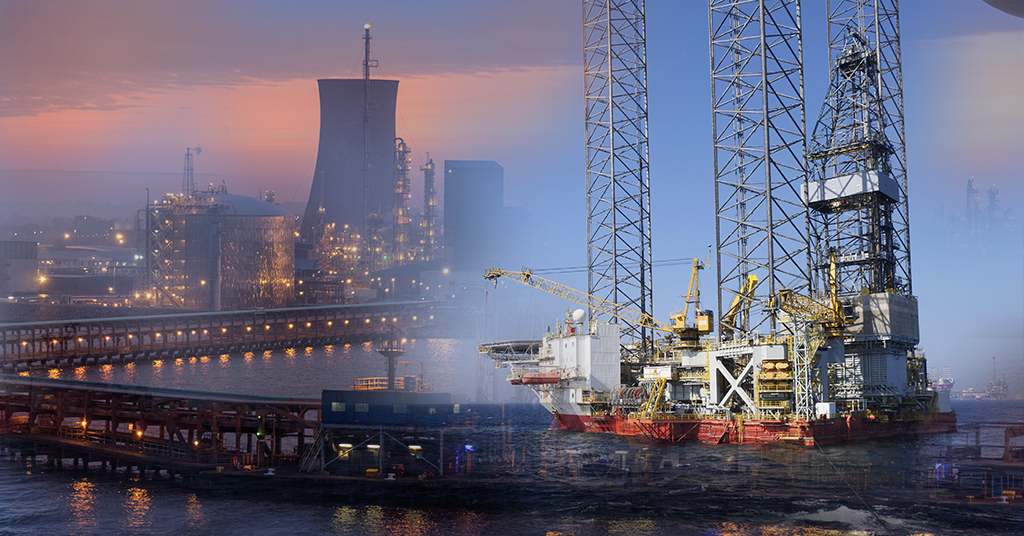Welcome To ChemAnalyst

Hamburg (Germany): Acetone prices in the European region increased in November on the back of ample cost support from upstream prices. However, the demand dynamics remained underwhelming in the region, continuing with the previous trends.
In the last quarter, as natural gas prices began to soar in August 2023, a bullish trend in the prices of Acetone began in September despite demand decline. Europe's economic crises have been a big factor, too. Purchasing Managers' Index data indicates ongoing contractions in the euro zone's construction and manufacturing, while inflation is above the target. As per the Huntsman Q3 result, Sales volumes decreased in all regions primarily due to slowing construction activity and reduced demand in agrochemicals, coatings, adhesives, fuel and lubes, and other industrial markets.
Acetone prices in Germany have continued to remain bullish since September 2023 after starting the rise in the price of Natural gas in July. Multiple vendor inquiries revealed that the price of Acetone increased in Germany. In September 2023, the Acetone price rose by 1.2%; then, in October, the price of Acetone sharply increased by 9.15, and in November, it increased by 7.1%. The freight charges also increased due to the low level of the Panama Canal. Tanker operators are charging high prices for cargo and taking a long route to Europe's ports.
The European petrochemical sector, including Acetone, valued at around US$250 billion, is facing challenges for survival and heading towards a crisis due to a surge in natural gas prices that have skyrocketed over the last two years. Therefore, importing petrochemical derivatives like Acetone from the Americas is cheaper than producing them at local factories with expensive natural gas.
Europe has a strong position in the petrochemical sector, including Acetone, which is undergoing a noteworthy structural change due to a surge in energy and feedstock prices and highly competitive pressure from other nations. The European petrochemical sector is anticipated to be affected by environmental concerns, climate change, safety, and energy. As a result of these regulations, Europe's share in the global market is expected to decrease in the coming years. However, many companies in European countries have been investing in clean energy and the digital transition of the chemical sector.
Inflation has decreased in the past few months, but the PMI suggests that input cost pressures remain and that selling price inflation ticked up in November 2023 compared to October. This is mainly coming from services as prices in manufacturing continue to decline. This indicates that inflation pressures are not over yet, even though the price hikes continue to move in the right direction, with demand having weakened materially.
ChemAnalyst anticipates that the prices of Acetone are expected to decline in the coming weeks till the end of the year due to weakening demand as downstream industries are likely to reduce their consumption rates. Meanwhile, the bearishness in crude oil prices is expected to persist, keeping the cost support softer. However, Acetone prices will likely bounce back in the first half of 2024.
We use cookies to deliver the best possible experience on our website. To learn more, visit our Privacy Policy. By continuing to use this site or by closing this box, you consent to our use of cookies. More info.
